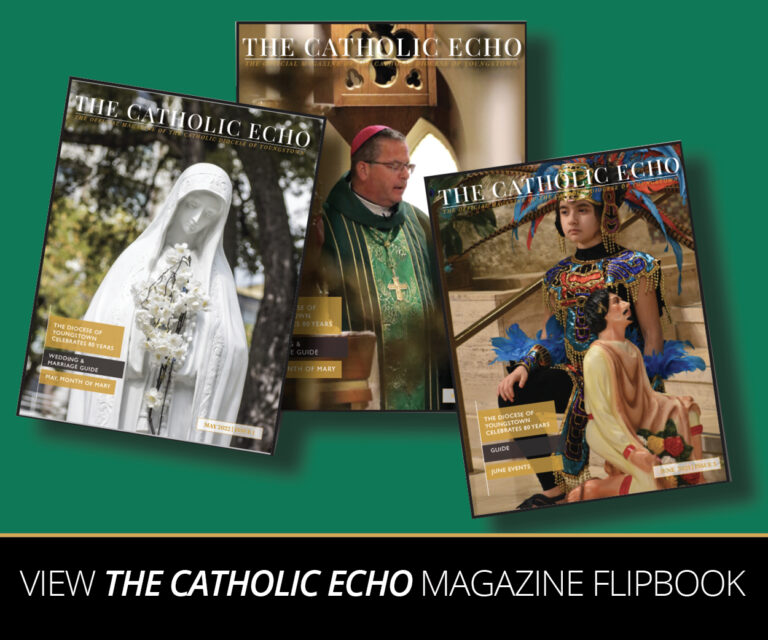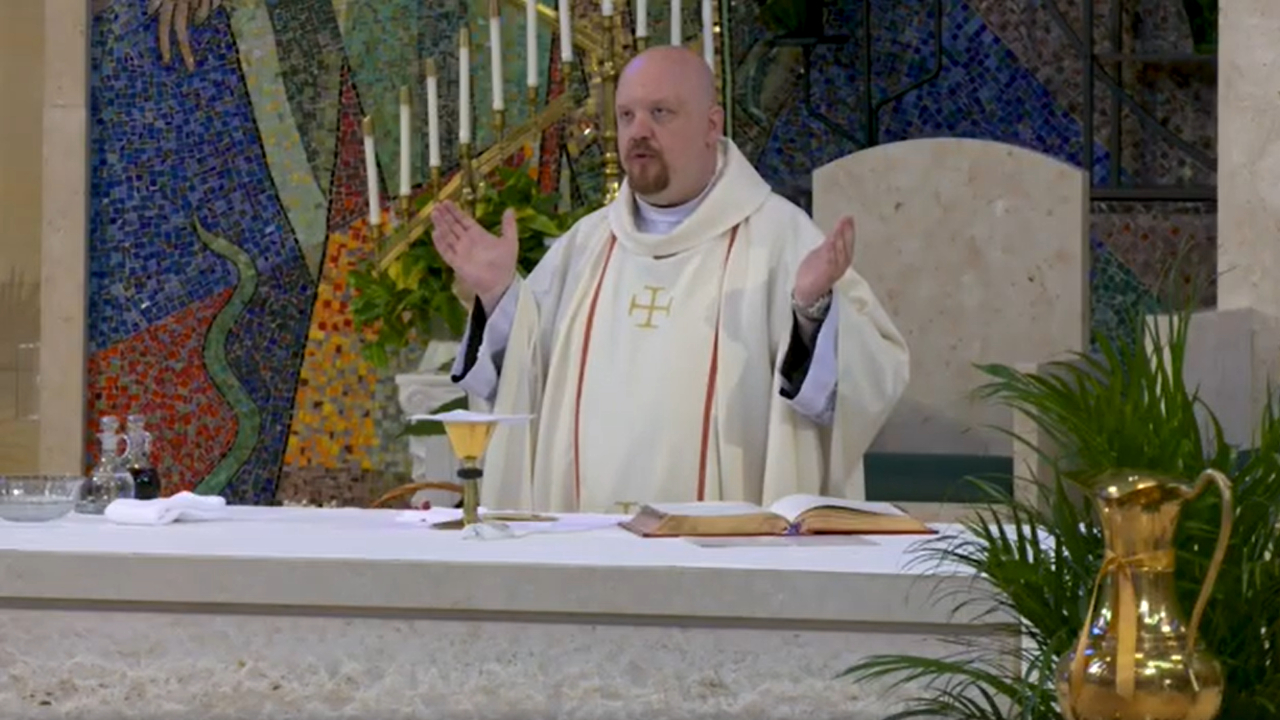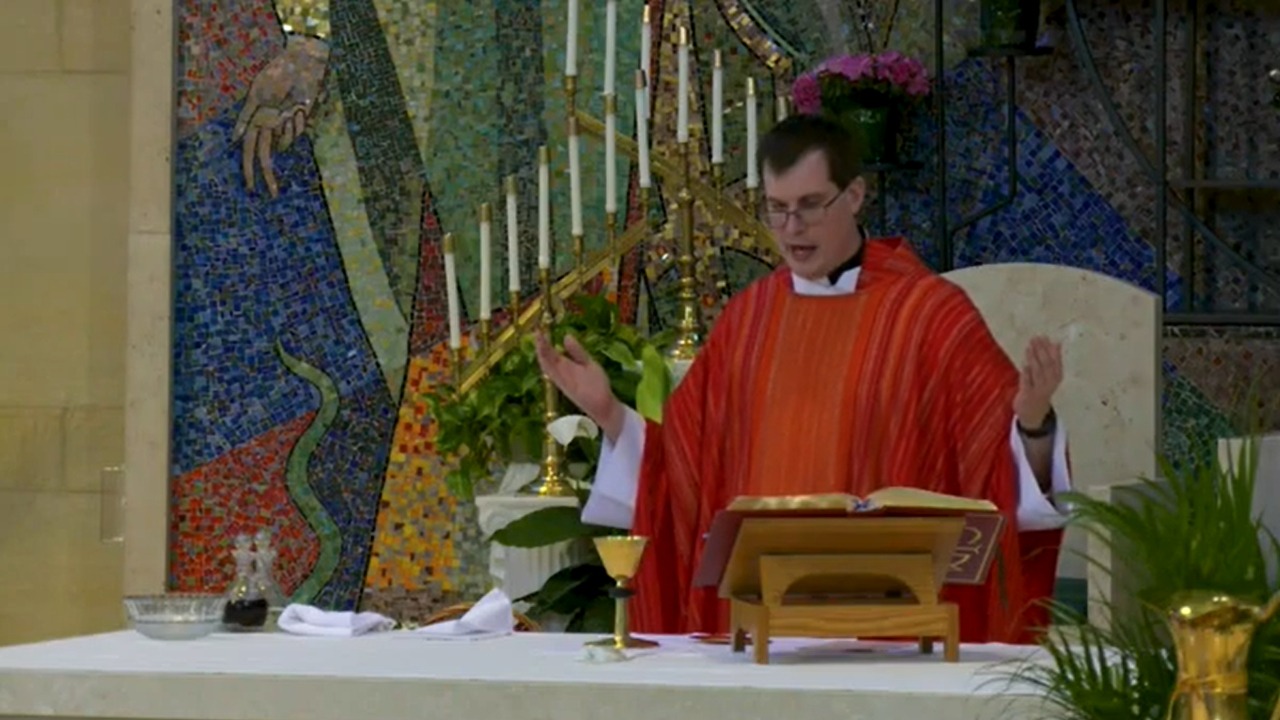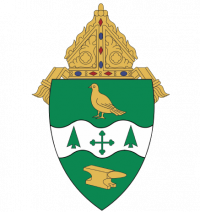Feast Day: November 22

Saint Cecelia of Rome, according to popular lore, was a virgin, a proclaimer of the Gospel and a martyr, who lived in the third century.
Cecelia, who reportedly lived during a time of persecution, came from a wealthy family. A woman given to constant prayer and a life of asceticism, she had taken a vow of virginity. Yet her family gave her in marriage to a wealthy pagan nobleman, Valerian. She prayed for an angel to protect her virginity.
At the wedding, according to the story, she sang in her heart to God. Following the ceremony, she told Valerian of her vow and that she had an angel protecting her. When Valerian asked to see the angel, Cecelia told him that he could if he traveled to the third milestone of the Appian Way and was baptized by Pope Urban. After he did as Cecelia instructed, Valerian saw the angel and was baptized. When Valerian’s brother, Tiburtius, heard of the angel and his brother’s baptism, he also became Christian.
The two brothers then set out to give proper burial to the bodies of Christians who were martyred under the order of Rome’s prefect. Cecelia, meanwhile, went about preaching—reportedly drawing more than 400 to Christ. In time, the two brothers were arrested and martyred. Cecelia herself later also suffered martyrdom.
During the fourth century, a Greek religious romance on the love story of Cecelia and Valerian was written. Her name was entered by Pope Gelasius into his Sacramentary in 496. Despite dispute about the historical accuracy of some of the stories, scholars see her existence and her martyrdom as genuinely historical.
Because of her singing at her wedding, Saint Cecelia is honored as a patron saint of music.
Her life has been celebrated by such literary figures as Geoffrey Chaucer in his Canterbury Tales, John Dryden, Alexander Pope and W.H. Auden. Saint Cecelia, in addition to inspiring schools of music and music festivals, was also the subject of musical compositions by Henry Purcell, George Fredrich Handel and Benjamin Britten.
In the Diocese of Youngstown, the Liturgical Commission has sponsored the Cecelia Project, which identifies high school and college students who have the potential to serve as liturgical musicians and helps prepare them to do so.












